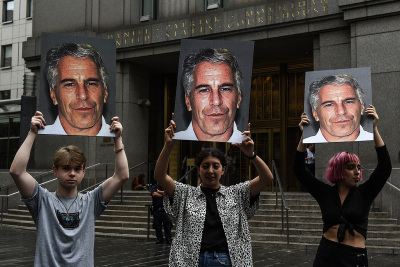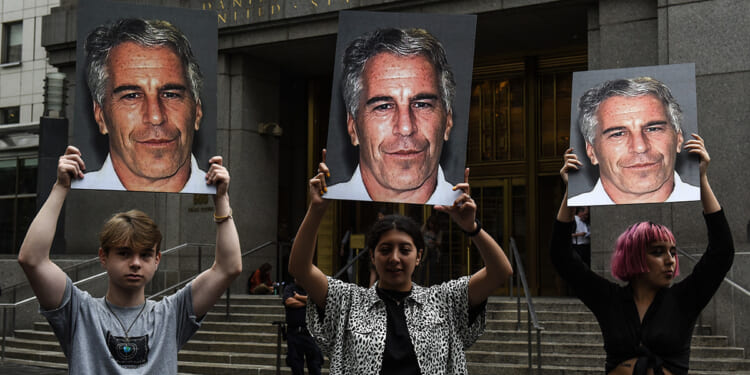
Have you ever comforted yourself — or someone else — with the old adage, “The storm will blow over”? Most storms do. Unless they don’t. Then it’s not a storm — it’s a disaster. I’ve seen that more than once in my home state of Louisiana.
In all candor, I’ve only followed the sordid story of Jeffrey Epstein and his pedophile co-conspirators peripherally — it’s long felt like tabloid trash at the grocery checkout line. But when the Trump administration reversed course this summer and blocked the release of the Epstein files, it raised legitimate questions. A poll taken just before Congress’s August break found that nearly 70% of Americans believe the administration is hiding information, while only 17% approve of how it’s handled the case. Those numbers reflect not gossip, but a growing crisis of trust.
The White House and its Republican allies may have hoped the storm over the Epstein files would “blow over” when Congress adjourned early for its August recess — leaving town a week and a half ahead of schedule to avoid a bipartisan discharge petition that would have forced a vote compelling the DOJ and FBI to release the documents.
Well, the storm has returned.
This week, the swearing-in of Rep. Adelita Grijalva (D) of Arizona provided the decisive 218th signature needed to activate that discharge petition, forcing the House to vote on the measure. Speaker Mike Johnson (R-La.) confirmed that a vote will take place next week.
Reports indicate that White House officials privately urged some Republican members who signed the petition to withdraw their names. They refused. And speculation that the measure will die in the Senate may be misplaced. If, as expected, more than 100 House Republicans join Democrats to demand transparency, it will be difficult for Senate Republicans to bury the issue — especially given their own recent criticisms of the FBI and its lack of openness.
Before the August break, I asked Florida Congressman Greg Steube (R) whether public outrage over Epstein would fade. His response proved prophetic: “I don’t think this issue is going away,” he told me. “I think we’ll be dealing with this after the August recess.”
He was right. And the only way to prevent this political storm from becoming a political disaster is transparency. Whatever the files contain — or don’t contain — the perception of a cover-up is eroding what little public trust remains. And that erosion isn’t limited to this administration; it’s corroding confidence in our government as a whole, which is why it should concern all of us.
We would do well to remember Watergate. It wasn’t the break-in that brought down a presidency — it was the cover-up. That scandal shattered confidence in the Oval Office for a generation and diminished America. The lesson remains painfully relevant today: when leaders hide the truth, the people lose faith — not just in them, but in the very institutions they represent.
Tony Perkins is president of Family Research Council and executive editor of The Washington Stand.

















